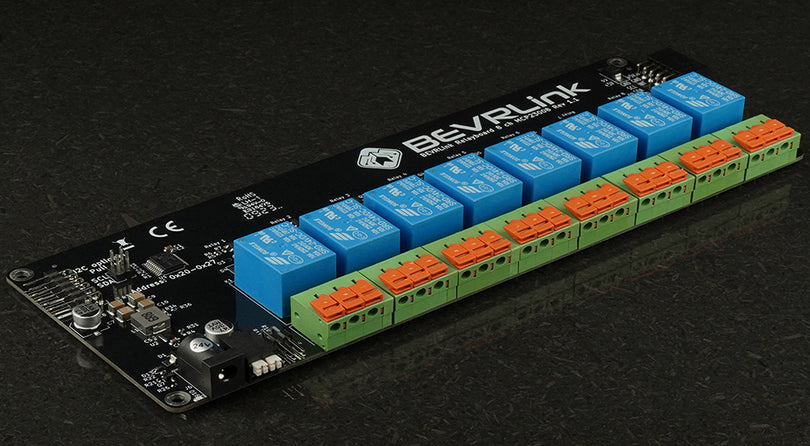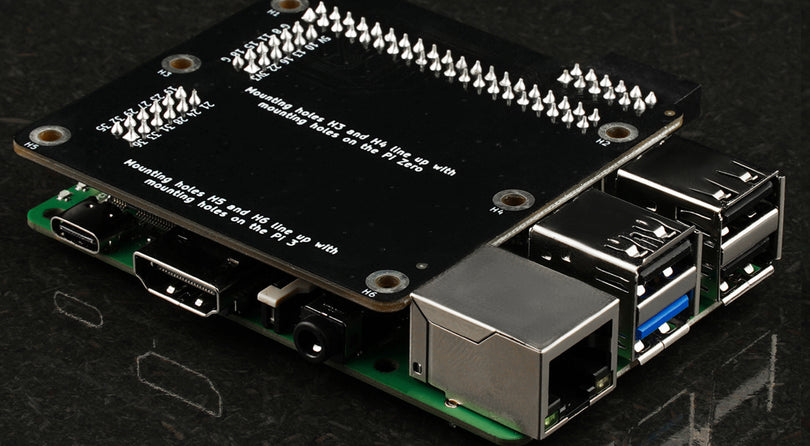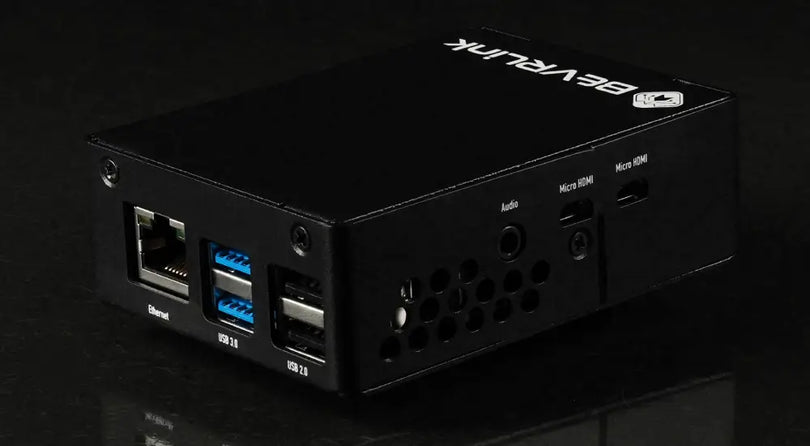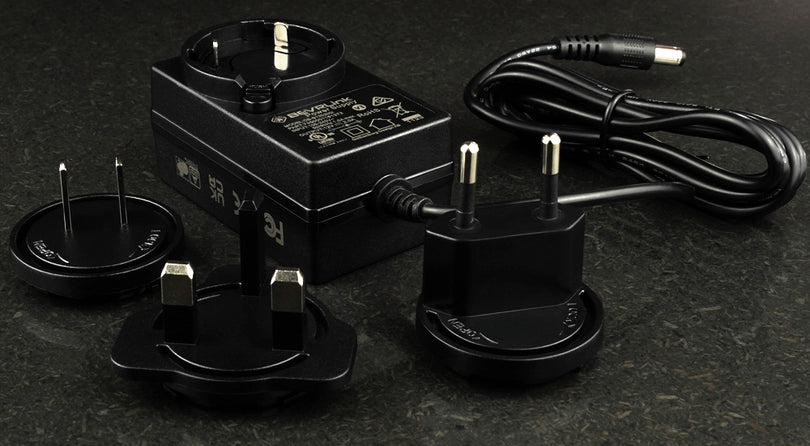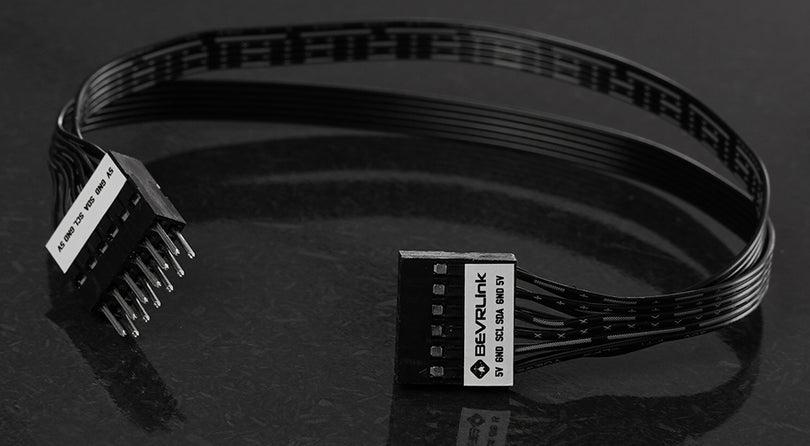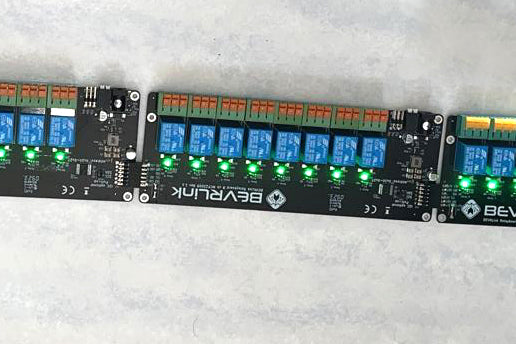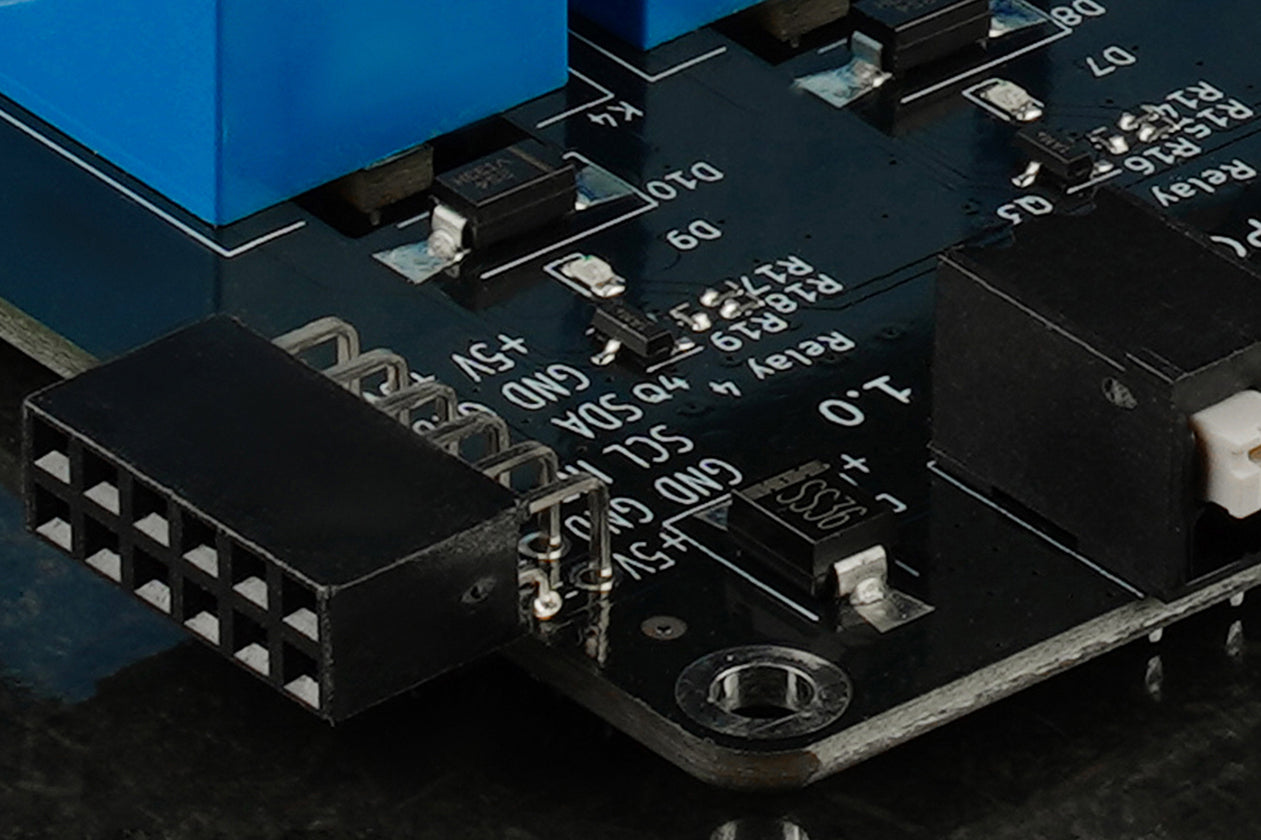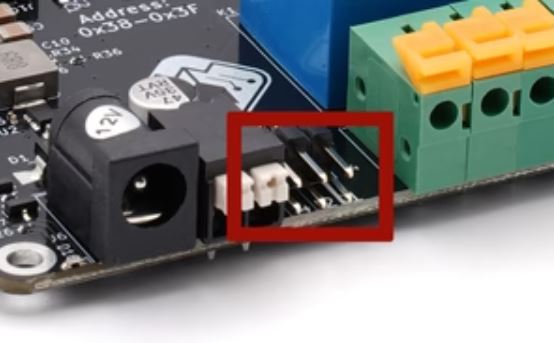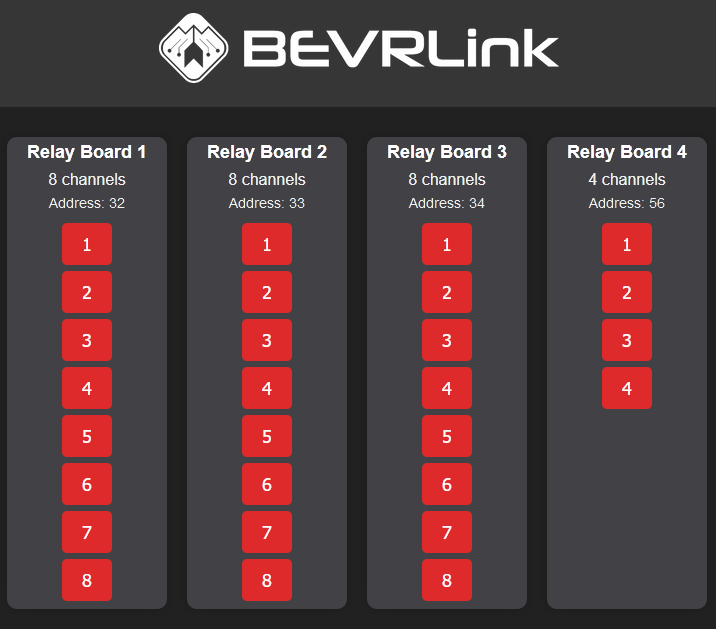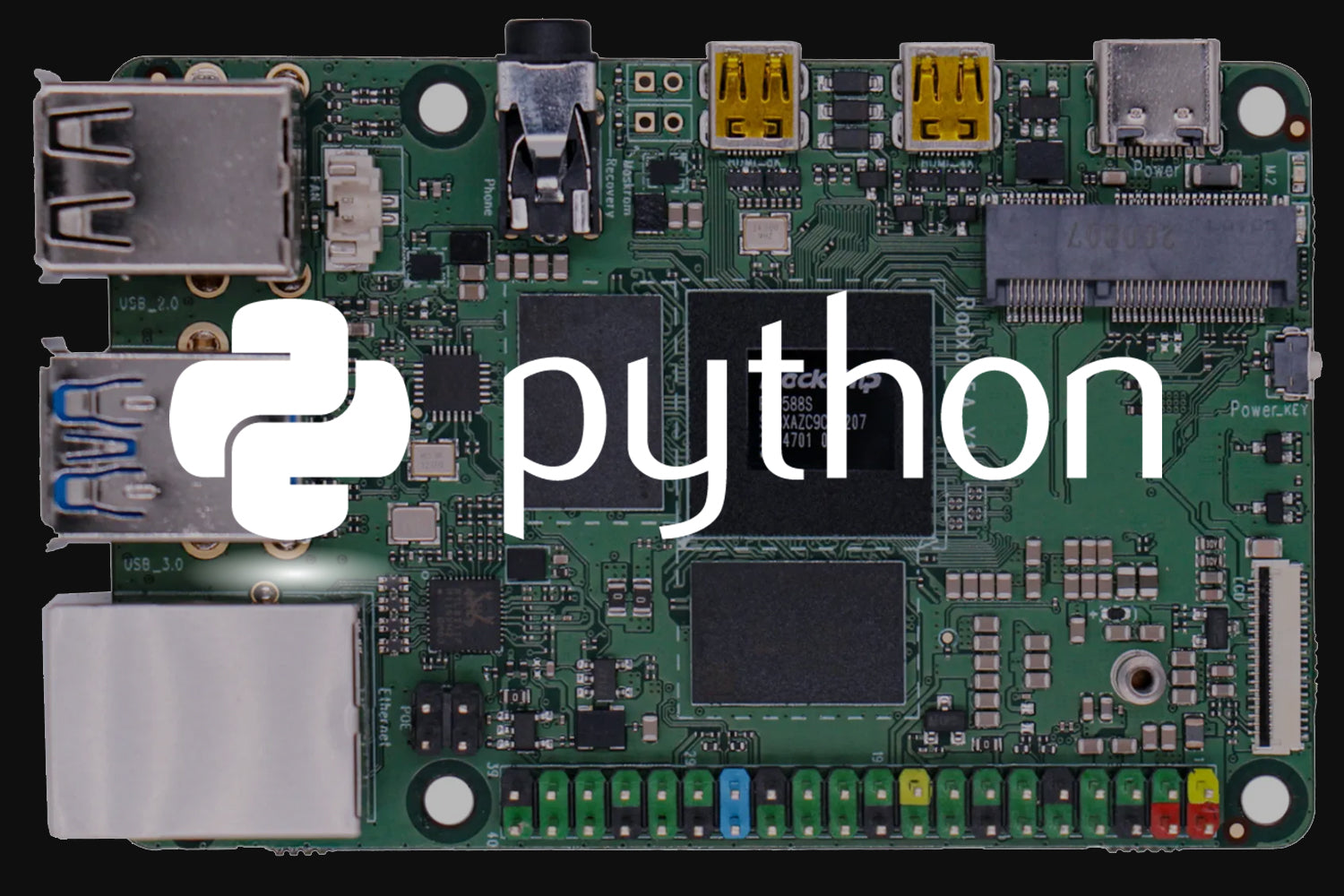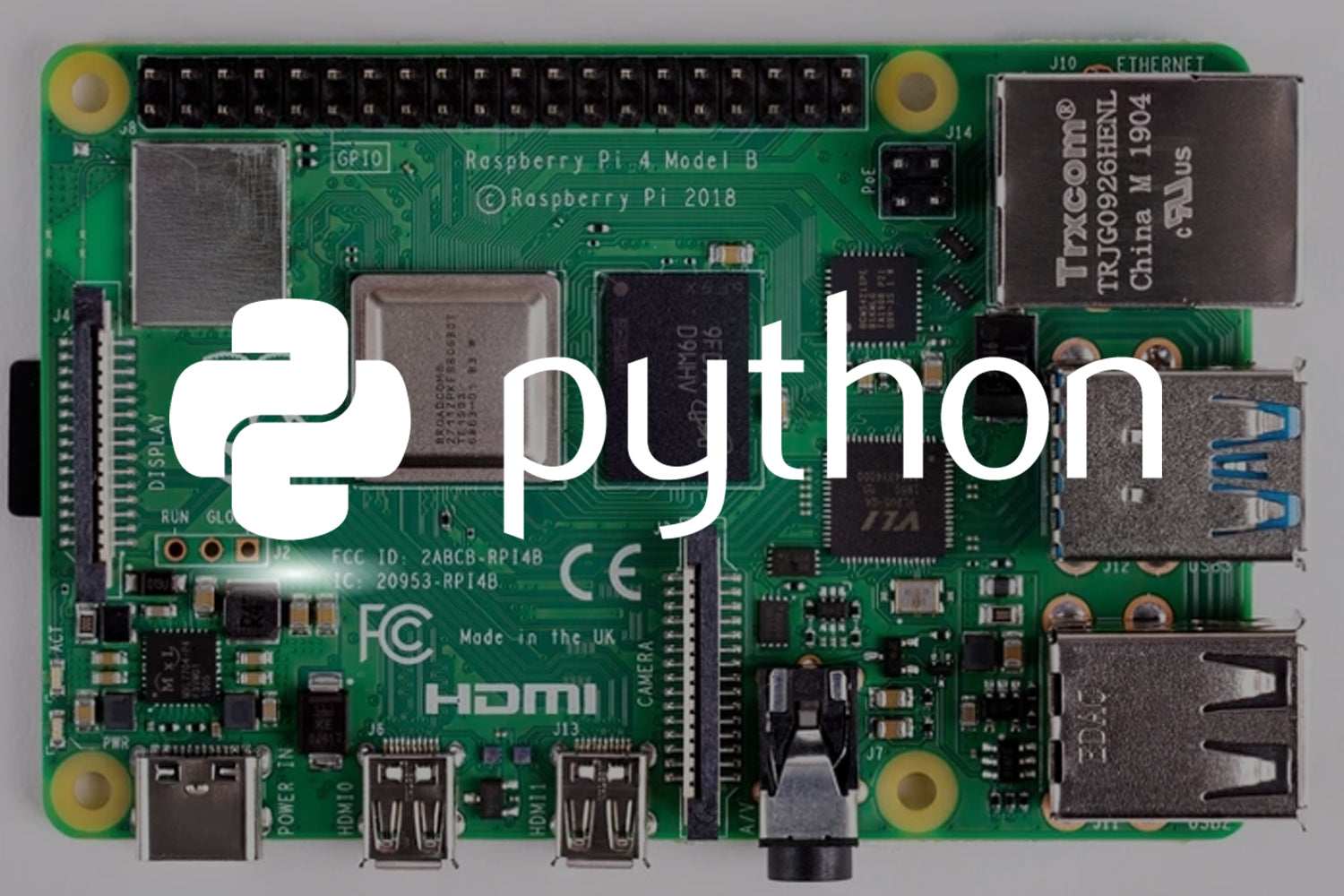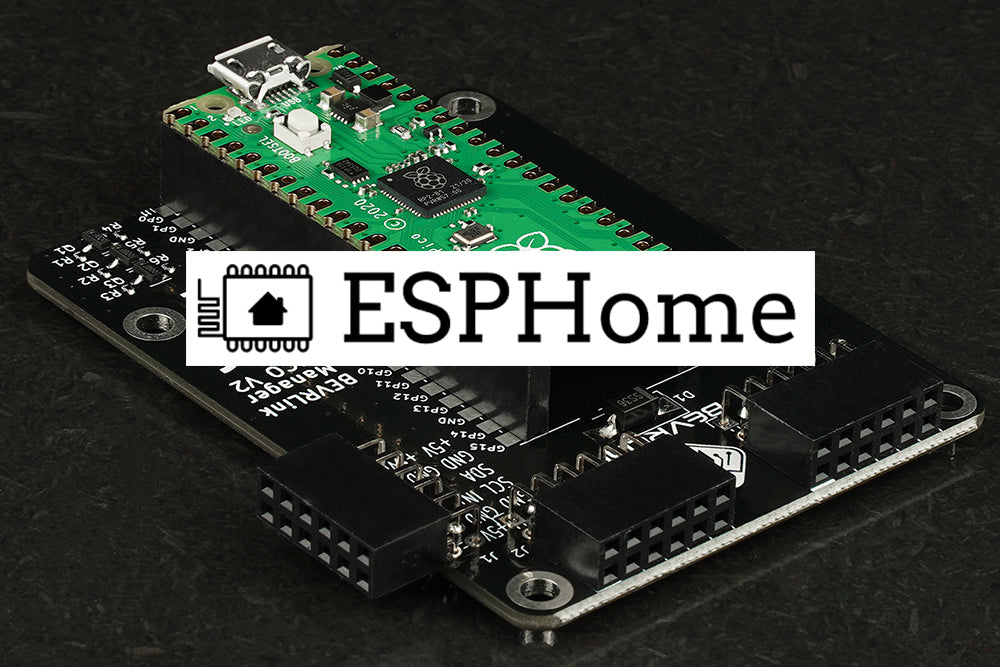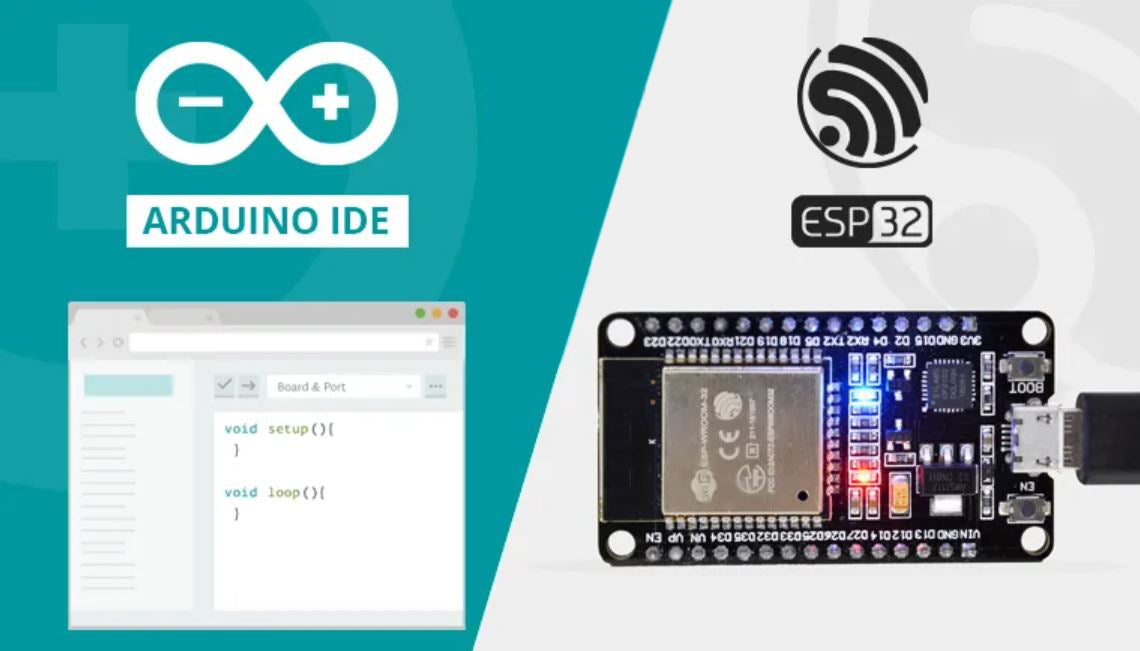The relays on the BEVRLink Relay 8 ch V1 5V are of industrial quality and are designed in Sweden. They are capable of handling loads up to 5A 250VAC or 5A 30VDC, making them suitable for a wide range of applications. Additionally, the board features a 5V output connector that can be used to power the next board.
8 Relay module, with spring terminals and LED indicators for each relay. It powers other modules and manager boards connected through the easy to use BERVLink connector. You only have to connect the boards, power and then put in your controlled devices to the relays. A 5V I2C bus is used for the communication between the boards and the manager board that can be any SBC or microcontroller like Raspberry PI, PICO, ESP32 etc. All our Manager boards have 3.3V to 5V level shifter for the i2c logic so that managers like Raspberry Pi could be used. A modular design enables you to do your own casing or use our BEVRLink case with support for DIN rail mounting.
The 5V I2C bus is open to be used with your own I2C product and other brands using standard Dupont 2.54 mm wires. Making the possibilities endless to what you could control and automate with this system.





















